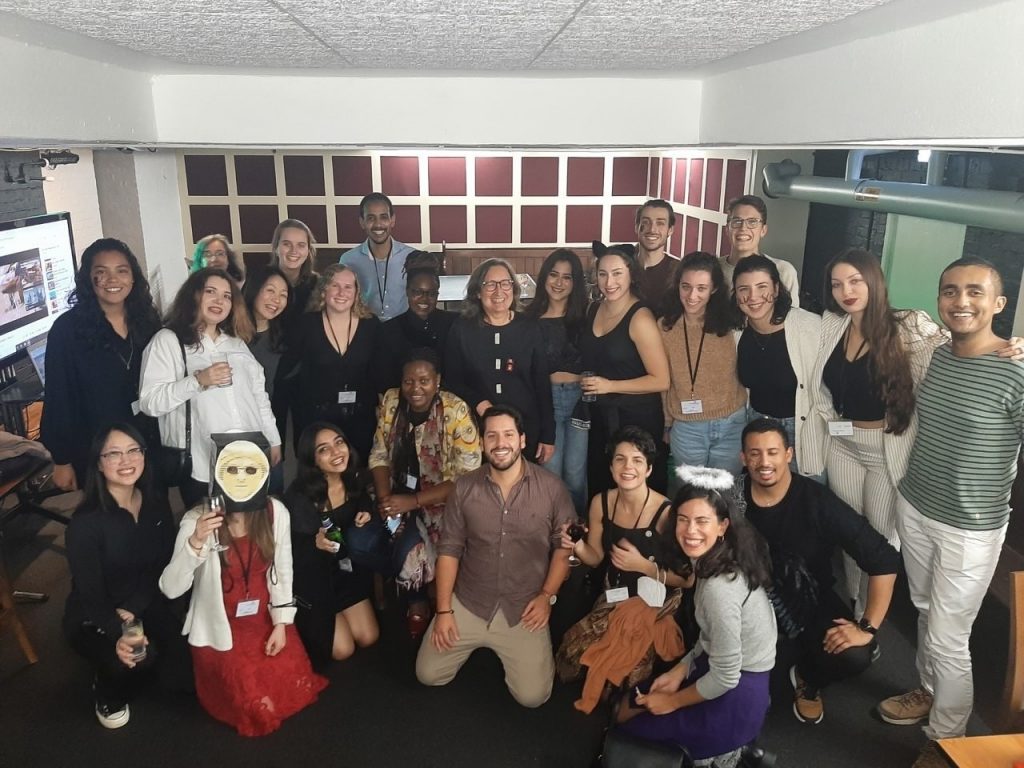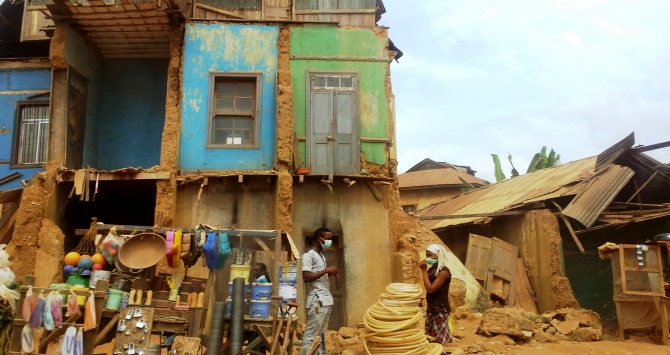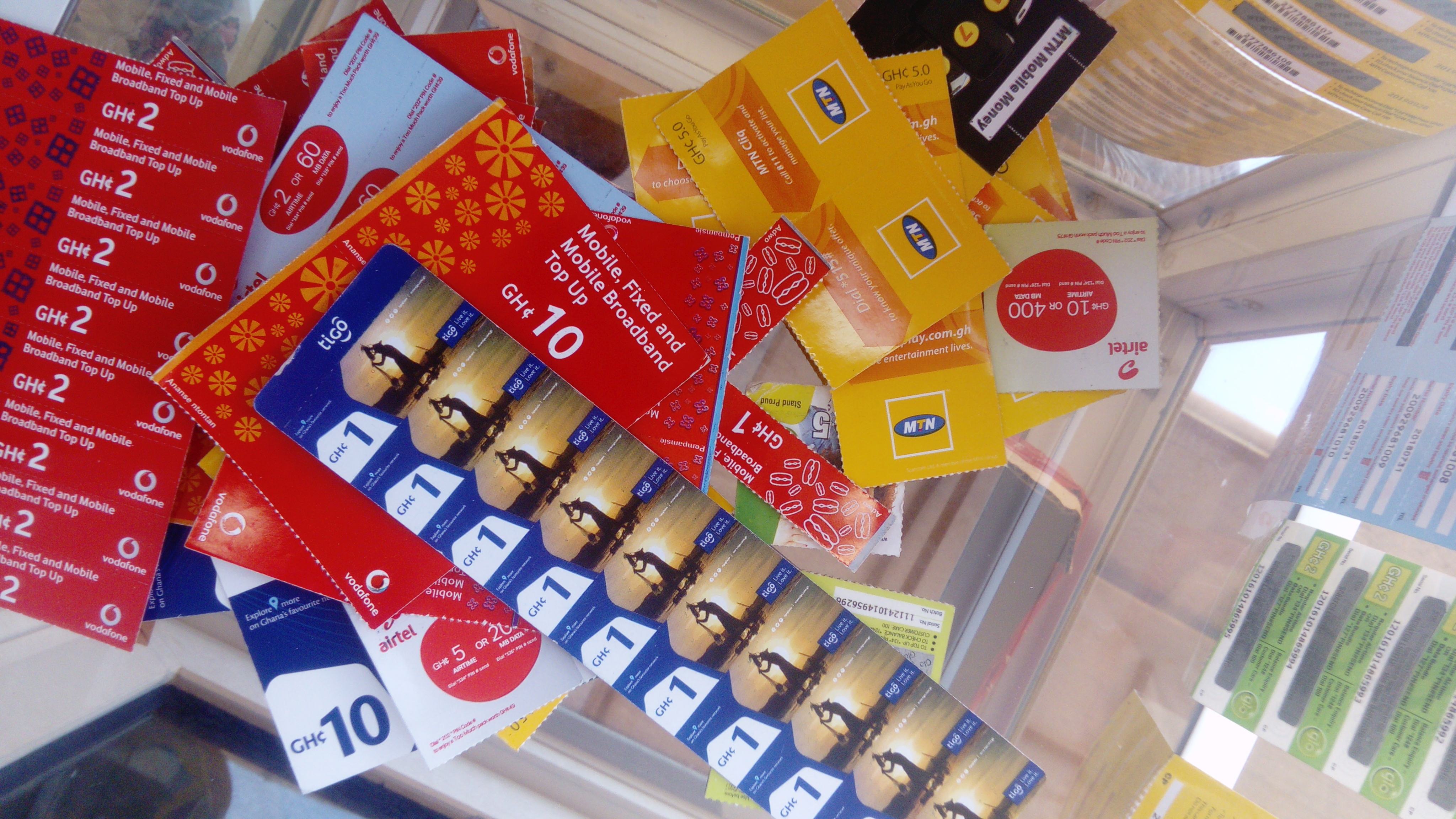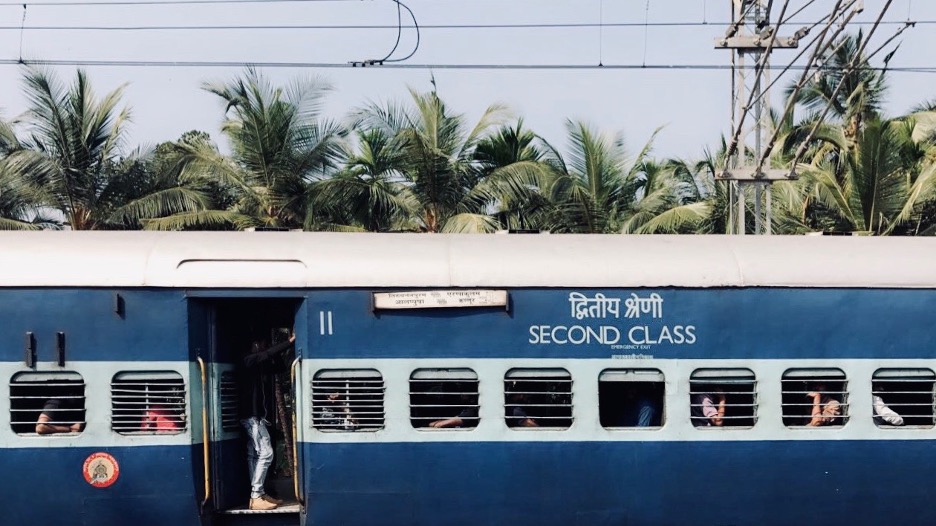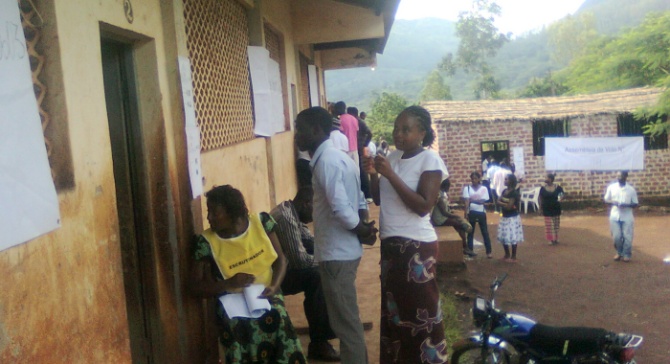ID MSc students Abdelbari Lahkim Bennani and Nihal Sherif share their reflections on the Department’s second Cumberland Lodge trip of the academic year (29-31 October) which focused on Race, Place and Knowledge in International Development.
On the weekend of October 29, 2021, students, and staff from different programs at the Department of International Development came together at the Cumberland Lodge event to discuss the issues of ‘Race, Place and Knowledge in International Development’. Upon arrival, Laura Mann started the conference by presenting ‘Knowledge Production in Africa’, where she discussed the issue of representation of scholars from developing countries in academia, and how both institutions and research have been widely dominated by western scholars. This is because western scholars have more resources and time allocated for research and they have the network needed to publish high impact articles. On the other hand, scholars in developing countries are typically more overwhelmed by administrative and teaching responsibilities, which combined with limited resources, hinder them from publishing high impact articles.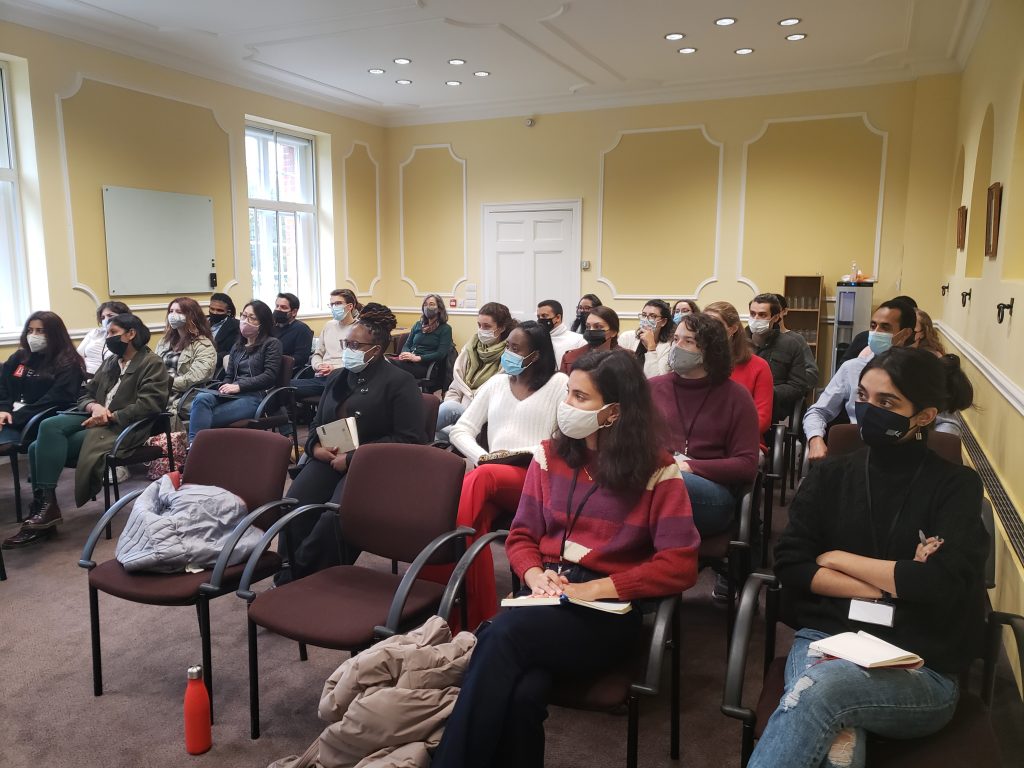
The next morning, Eliza Ngutuku gave an interesting lecture on ‘Race, Knowledge and the Everyday Practices of Development’ where she discussed the effect of having multiple identities on everyday professional and academic life. She discussed the impact of seeing through the white gaze, which does not only impact the view from white to black ethnicities globally, but also from the lighter to darker races in the same region and vice versa. She also analysed the impact of coming from different backgrounds including but not limited to races, genders, nationalities, abilities, and sexual orientation and their effects on how we can access academic and professional opportunities and on how others can perceive us. She then mentions how these dynamics impact the power structures, where the relations of power that cause the need are never thought about. Finally, she also pointed to the importance of noticing that representation can also lead to misrepresentation at the same time, where the attempts of representing diversity and inclusion would not be effective in accurately representing those diversities, resulting in a ‘poverty porn’ situation.
Kathy Hochstetler, then smoothly introduced a discussion space for students to discuss in small groups their identities and how the LSE played a role in shaping their identities during studies and how their identities are reflected in spaces in LSE. We also discussed in a larger setting how LSE more generally and International Development more specifically could improve in incorporating more diversity in staff recruitment, course contents and readings lists.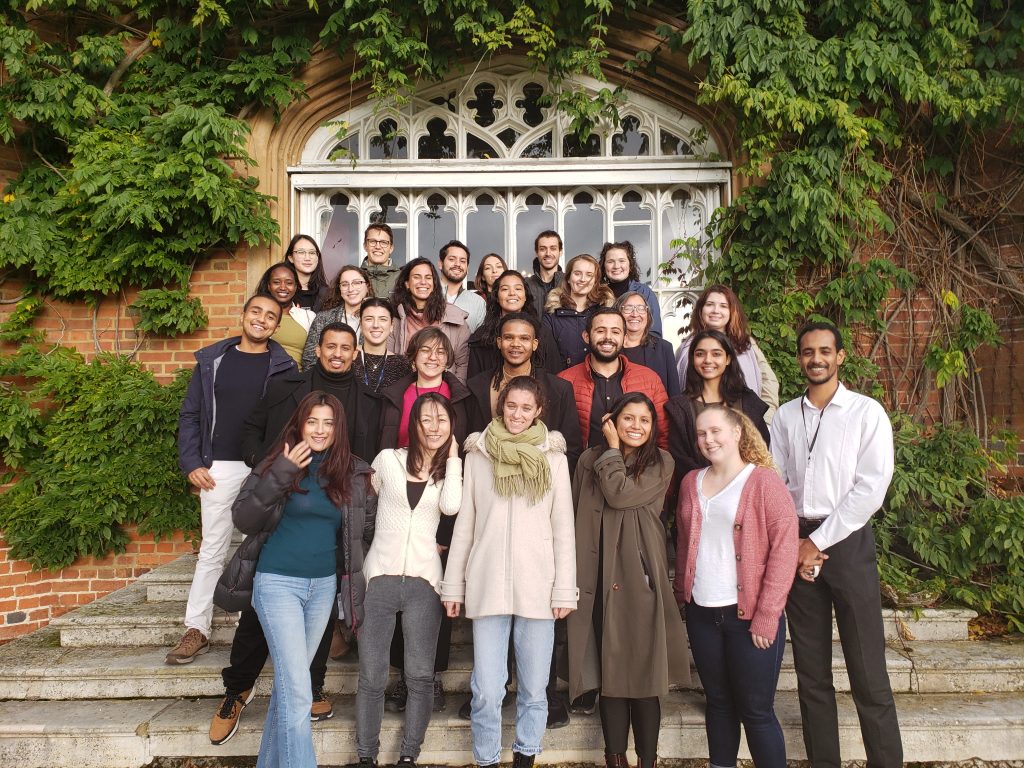
We concluded the day with Eliza leading a panel discussion with the guest speakers on the issues of identity and race and how these impacted their respective careers. By sharing their experiences, the students gained a deeper insight into how such topics affect their day-to-day professional lives. We then ended the program with the students given space to interact creatively and express themselves in a group setting. Some students were also given an opportunity to visit the Chapel on a Saturday morning.
Abdelbari Lahkim Bennani
_______________
Cumberland Lodge Student Experience: Spooky Outfits, Majestic Views, and Thought-Provoking Conversations
In the heart of Windsor, amongst the changing autumn leaves and fresh October air, gathered a group of LSE Masters students. They all were passionate, ambitious individuals, curious about the world, with many questions lingering in their minds about the development sector. They came from diverse backgrounds, with their own views, perspectives and experiences to share.
I happen to luckily be a part of this group and so I am here today to tell you the story.
We arrived at Cumberland Lodge, accompanied by Professor Kathy Hochstetler, Professor Laura Mann and Dr Eliza Ngutuku from LSE. We were welcomed to our cosy, Victorian-style rooms. Not too long afterwards, we were led to the dining room where we had a delicious, warm meal; one of the many wholesome meals we had at the Lodge!
Laura Mann opened our minds to the question of “who produces knowledge within development?” The production of knowledge about the Global South is made by people from the Global North. Journals about development that are deemed “prestigious’’ by academics are the ones that have the highest representation of individuals from the Global North. If social science conforms to Western models of reality, how do we know something to be “true’’ and ‘’valid’’? Dr Laura Mann also discussed how neoliberalism and colonial ideologies can take shape in the academics, education, and policy realm of developing countries.
Dr Eliza Ngutuku, an activist-scholar from the Firoz Lalji Institute for Africa, gave a very insightful presentation about how development is an everyday enactment, reproducing notions about race and reinforcing oppressions. She shares her own experiences as well as others’ regarding the notions of expertise, how aid is given and the power relations that can emanate from it, and the ‘’white gaze’’ in development processes.

Between the sessions, we took a long walk towards Windsor castle amongst the stunning views of the park to get to know one another more closely (and get some exercise!). Inspired by the content of the sessions, we reflected on our own experiences of race, gender and identity. Those conversations were picked up throughout our group activities, breakfasts, lunches and dinners. I felt my views shift various times during those intimate discussions; I have both learned and unlearned through the provision of this safe space we made for ourselves.
For me, the most impactful aspect of the journey was the chance to reflect upon our own educational experiences and how we can decolonize knowledge at LSE. We discussed our own concerns and recommendations with diversifying experts and research papers at LSE to reflect the experiences and insights of the Global South; while paying attention to not reproducing patterns of colonial and imperial knowledge.
A panel discussion with Professor Júlia Bussab-Fonseca, Dr Mustafa Hassan and Dr Amir Lebdioui gave great insights about identity and careers within development. They reflected on abstract concepts and personal experiences in relation to race, identity and gender in the workplace which can reproduce stereotyping and marginalisation in varying forms. They also highlighted ways to potentially deal with gender and racial biases in the workplace.
Later that night, we celebrated Halloween in the spooky basement of the Lodge, dressing up, listening to music, nibbling on delicious cookies made by Kathy Hochstetler, engaging in very competitive table tennis and pool games!
We all participated in an artwork project to illustrate our inspirations, lingering questions and feelings that came up through the workshop. The workshop was one of those rare moments where we felt connected to each other in a way that goes much deeper than friendly hellos and study groups.
And so, the group of ambitious, passionate and curious LSE students stepped out of the bus on Sunday night, ready to plant little seeds together… being more critical and taking more transformative initiatives in the development sector.
Nihal Sherif
_______________
The views expressed in this post are those of the authors and in no way reflect those of the International Development LSE blog or the London School of Economics and Political Science.


